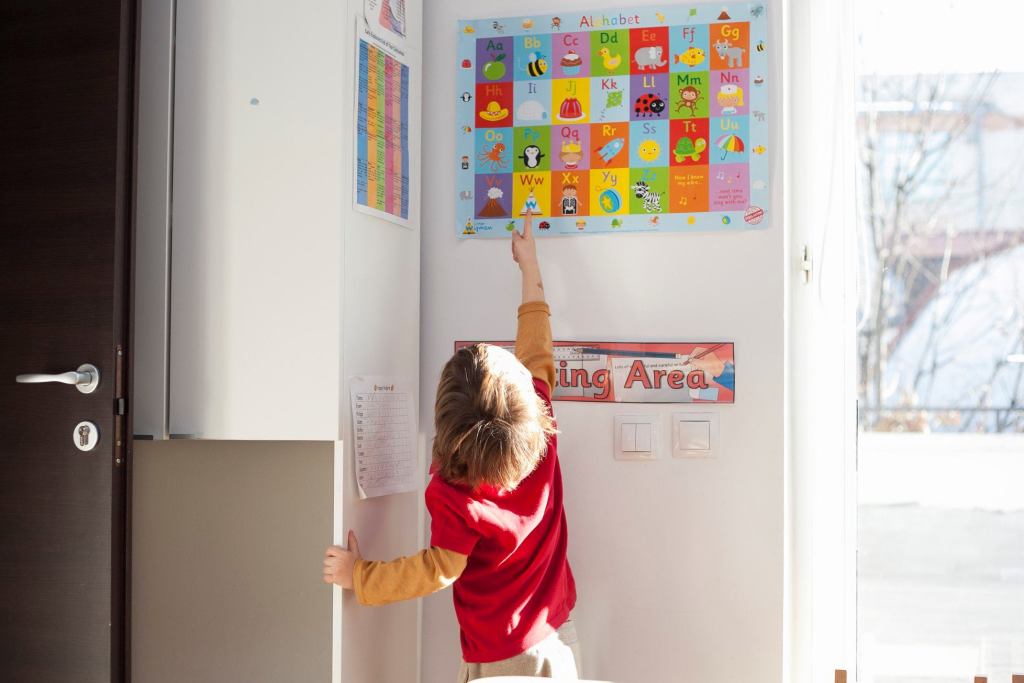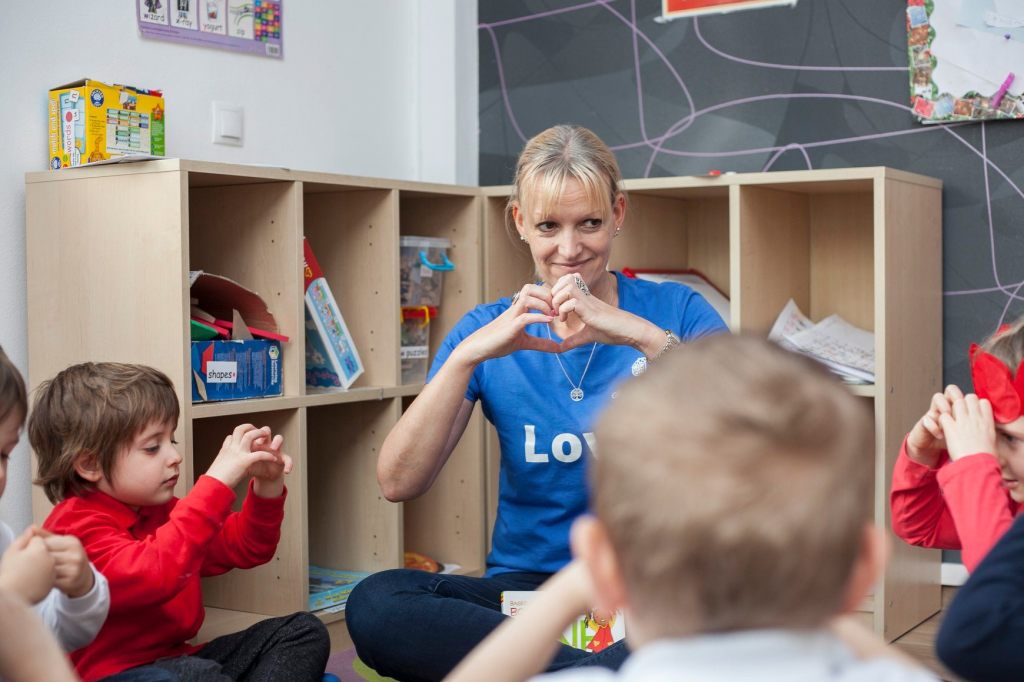When nurseries began to close due to the COVID-19 pandemic, both educators and parents believed that the decision would be a temporary one, but as the period of home education extended, the children had to adapt to a new one. routine and a different learning system. It was a long break, isolation from educators and colleagues and online lessons. Therefore, children will need additional preparation for returning to kindergarten this fall. For an easy transition process for the little ones, we have prepared a series of recommendations for parents.
Announce the return to the nursery
Children experience a mixture of emotions when it comes to returning to nursery, from impatience and enthusiasm, to fear and anxiety. The long period spent away from the setting amplifies these feelings. That’s why, two weeks before the start, create a countdown sprinkled with a lot of enthusiasm. Each day, check together how many days are left and explain to the child what will happen when the countdown ends, what fun and fascinating activities await him in the nursery. This advance preparation reduces the level of anxiety and helps him to easily move on to the new program.
Get back earlier to the routine during the educational year
The long stay at home has certainly affected the child’s routine. If during the holidays, the rest schedule has changed and the hours of sleep and waking have been postponed, gradually return to the schedule that you will have to follow when kindergarten begins. Remember that a preschooler needs about 9-11 hours of sleep.
Also, for happy mornings when the nursery starts, develop a special morning routine, which you should follow even after starting kindergarten. When children can predict what is coming, they feel safer and are more likely to cooperate. The routine may include a few minutes of laughter and good cheer in pajamas or play while preparing a healthy breakfast.
Talk to the child about how he feels
Talk to the little one about going back and how he feels about it and normalize his condition. Reassure him that he is OK to feel them, but that he has nothing to worry about. Remind him of his experiences from the previous year, the activities he enjoyed in kindergarten and his favorite educator. Such a discussion will certainly increase the enthusiasm.
Build the feeling of belonging to the nursery
A sense of belonging can amplify the academic involvement and well-being of young children. You can facilitate positive attitudes about kindergarten by setting an encouraging tone when talking about it. In fact, everything a child hears about the nursery should be positive. You can tell him how proud you are that he is becoming an older child, so that he feels that going to kindergarten is an important thing.
Reduce access to electronics
Distance learning has given children access to electronics such as laptops and tablets for longer periods of time. Preparing to return s an opportunity to start reducing access to such devices by offering alternatives such as family games or going out in the park. The pandemic kept children away from each other, which reduced opportunities to collaborate and develop social relationships, as happens in the nursery. That’s why it’s important to allow access to electronic devices for as short a time as possible and to facilitate experiences with other people to remind them to collaborate or wait their turn, for example.
Talk about possible nursery rules
Returning to nursery is all the more special this year as it involves changes in the way activities with children will take place. Ask the educators about this year’s changes and discuss with the little one about the things they will have to respect. Explain to him, in his understanding, why this break was necessary, why it is important to wash our hands and how his temperature will rise. Also, let him know that this year it is possible for the games to take place in a smaller group.
Educators will certainly explain these new rules involving a lot of fun, using handwashing songs and games that teach them how to stay away from each other, but it is important for the little one to know what is next. In this way, he gains more confidence in you, but also in him.


